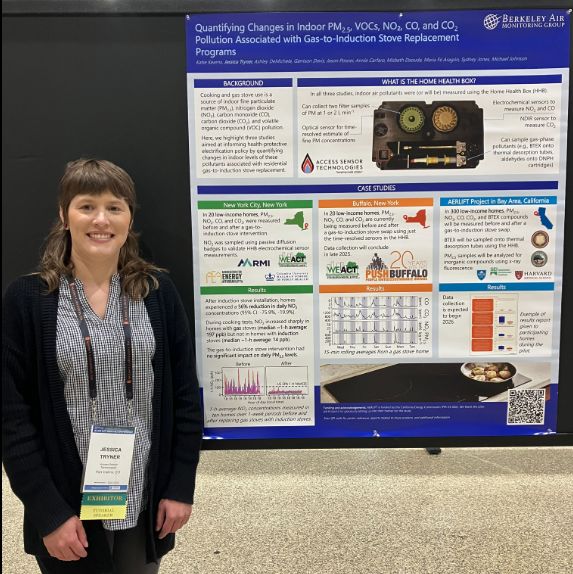












Join us on Oct 14 to explore the building blocks of equitable energy development — from data and tech to policy and finance — with lessons from Africa and Asia.
🕚 11:30am–1:15pm EDT
📍 Online
🔗 Register: bit.ly/42YREPn
#EnergyAccess #CleanEnergy

Join us on Oct 14 to explore the building blocks of equitable energy development — from data and tech to policy and finance — with lessons from Africa and Asia.
🕚 11:30am–1:15pm EDT
📍 Online
🔗 Register: bit.ly/42YREPn
#EnergyAccess #CleanEnergy
@setienergy.bsky.social
www.efdinitiative.org/news/studies...

@setienergy.bsky.social
www.efdinitiative.org/news/studies...

New research shows that traffic-related nanoparticles can adhere to human red blood cells after exposure to emissions.
🔗 publications.ersnet.org/content/erjo...
#SciComm #AirPollution 🧪
New research shows that traffic-related nanoparticles can adhere to human red blood cells after exposure to emissions.
🔗 publications.ersnet.org/content/erjo...
#SciComm #AirPollution 🧪


A Hong Kong study found bacterial toxins, though less than 0.0001% of PM2.5 mass, triggered up to 17% of lung inflammation caused by the pollutant.
🔗 doi.org/10.1038/d415...
#SciComm 🧪 #AirPollution #AirQuality

for putting a spotlight on the value of reducing black carbon emissions and to all who have given input and encouragement thus far.
for putting a spotlight on the value of reducing black carbon emissions and to all who have given input and encouragement thus far.
to solicit input from across the sector to refine the #blackcarbon metric and methodology. 👀
to solicit input from across the sector to refine the #blackcarbon metric and methodology. 👀
New international review from Johns Hopkins University identifies #airpollution as a contributor to poor sleep.
Piece by me.
www.theguardian.com/environment/...

New international review from Johns Hopkins University identifies #airpollution as a contributor to poor sleep.
Piece by me.
www.theguardian.com/environment/...


